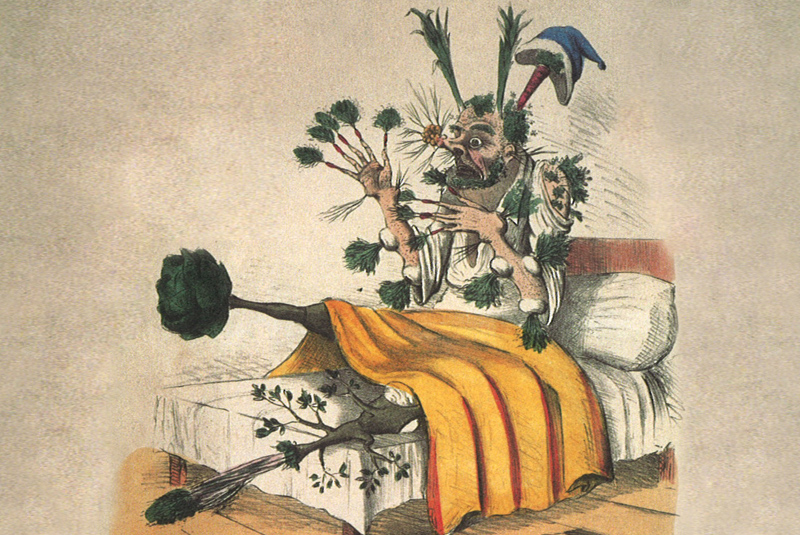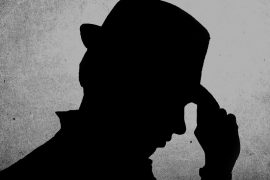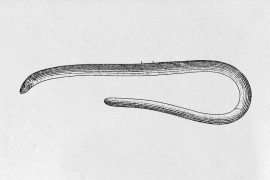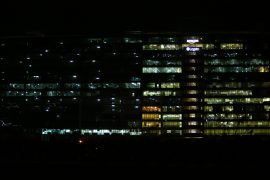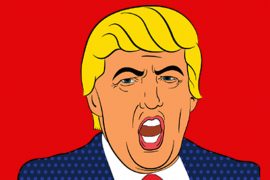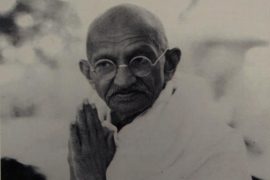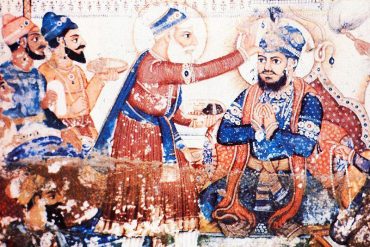When the Drugs and Magic Remedies (Objectionable Advertisements) Act was enacted in 1954, the intention was to ban the tall claims of witches, voodoo doctors and faith healers from influencing the public.
However, the drafters of the Act did not account for the magic of word-of-mouth, multi-level marketing and outright defiance of legal guidelines. Many in India continue to take the advice of quacks, self-medicating on the basis of tall claims – often paying dearly for the misinformation.
In 1993, a lady whose son suffered from fits went to an Ayurvedic doctor in Rishikesh after reading about him in the newspaper. After three years of ‘treatment’, the boy’s fits grew worse – and a neurologist confirmed that the change was permanent. The cause? The Ayurvedic doctor had prescribed allopathic medicines that were not to be given to children.
The ‘doctor’ responsible, R.K. Gupta, went on to blatantly defy government laws and conventions. A panel of doctors in 2000 declared him a quack, who issued prescriptions from a pad with the Ashok emblem on it – a false claim of holding government office. His clinic offered a ‘miracle cure’ for epilepsy in newspaper adverts, and even paid patients to pose for the ads.
Copyright©Madras Courier, All Rights Reserved. You may share using our article tools. Please don't cut articles from madrascourier.com and redistribute by email, post to the web, mobile phone or social media.Please send in your feed back and comments to editor@madrascourier.com

